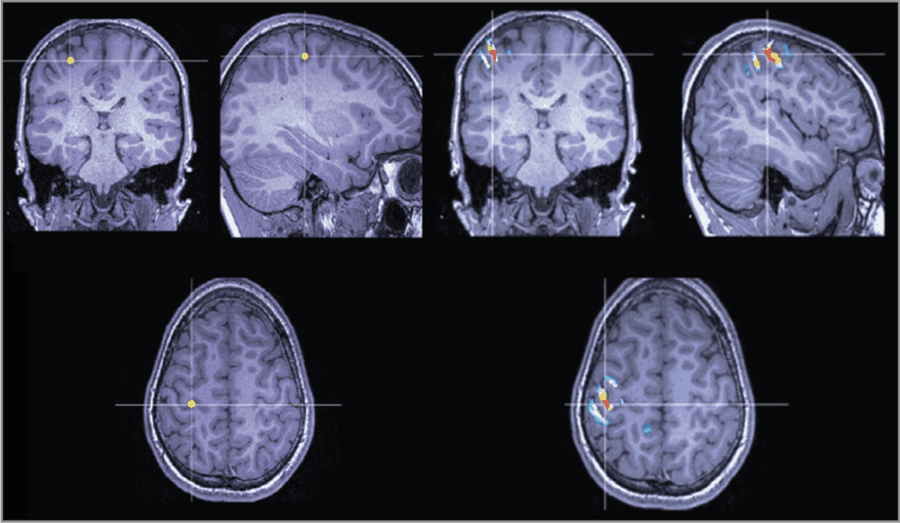One of three epilepsy patients experience no relief from drugs and are candidates for surgery. An advance by researchers at Yale and the Cleveland Clinic will enable surgeons to more precisely target areas of the brain causing debilitating symptoms in a subset of these patients.
The technology called magnetoencephalography or MEG measures small amounts of magnetic-electrical activity on the surface of epileptic brain areas, and the researchers have developed a novel way to employ it.
Recording of seizures during routine MEG in some surgical candidates can help precisely identify affected areas of the brain and, in a few cases, even negate the need to conduct invasive intracranial EEG evaluations prior to surgery, the authors say. Lead author of the study published June 11 in the journal JAMA Neurology is Dr. Rafeed Alkawadri, assistant professor of neurology at Yale and director of Yale Human Brain Mapping Program. Dr. Andreas Alexopoulos of the Cleveland Clinic is senior author of the paper.
If our reporting has informed or inspired you, please consider making a donation. Every contribution, no matter the size, empowers us to continue delivering accurate, engaging, and trustworthy science and medical news. Independent journalism requires time, effort, and resources—your support ensures we can keep uncovering the stories that matter most to you.
Join us in making knowledge accessible and impactful. Thank you for standing with us!

